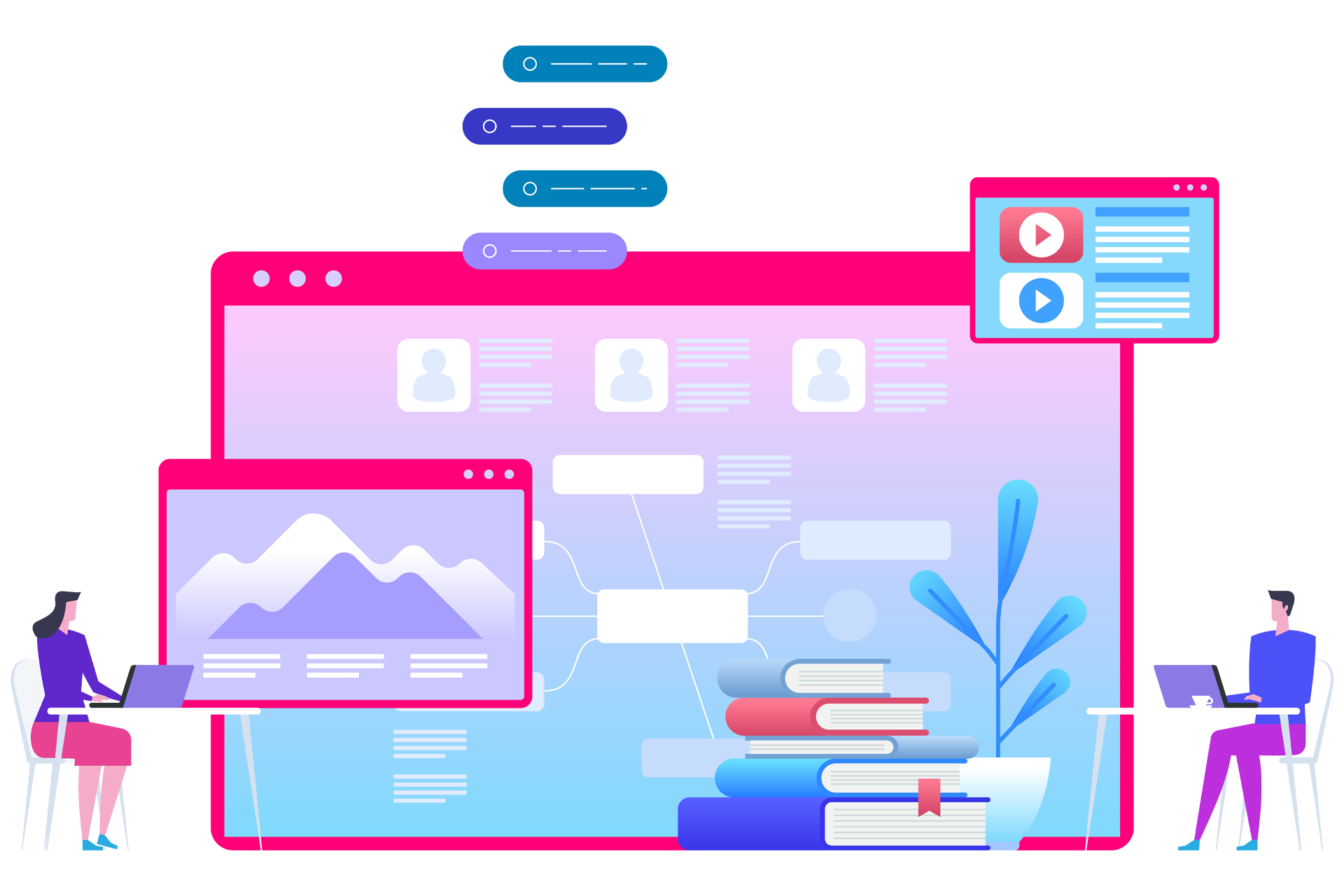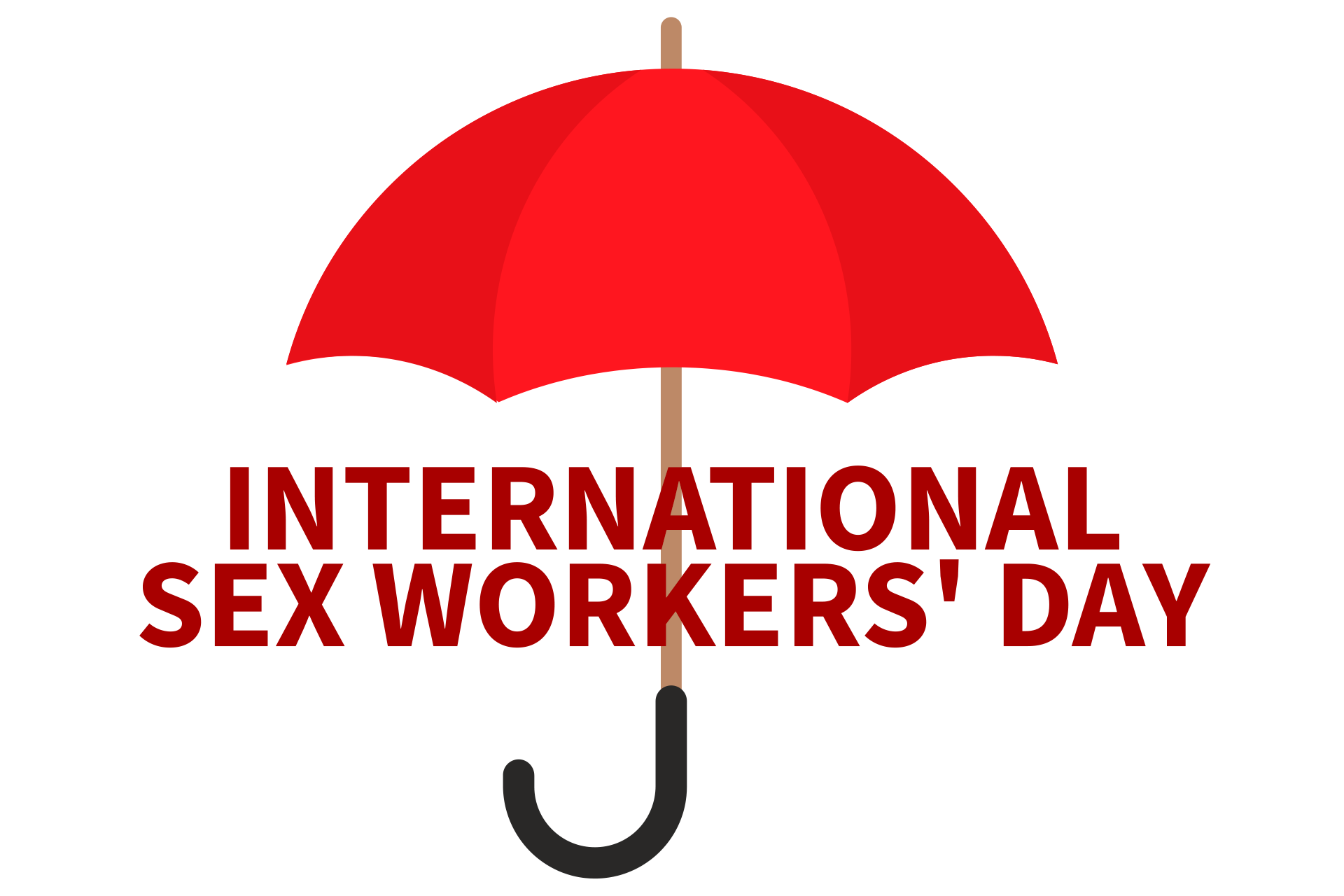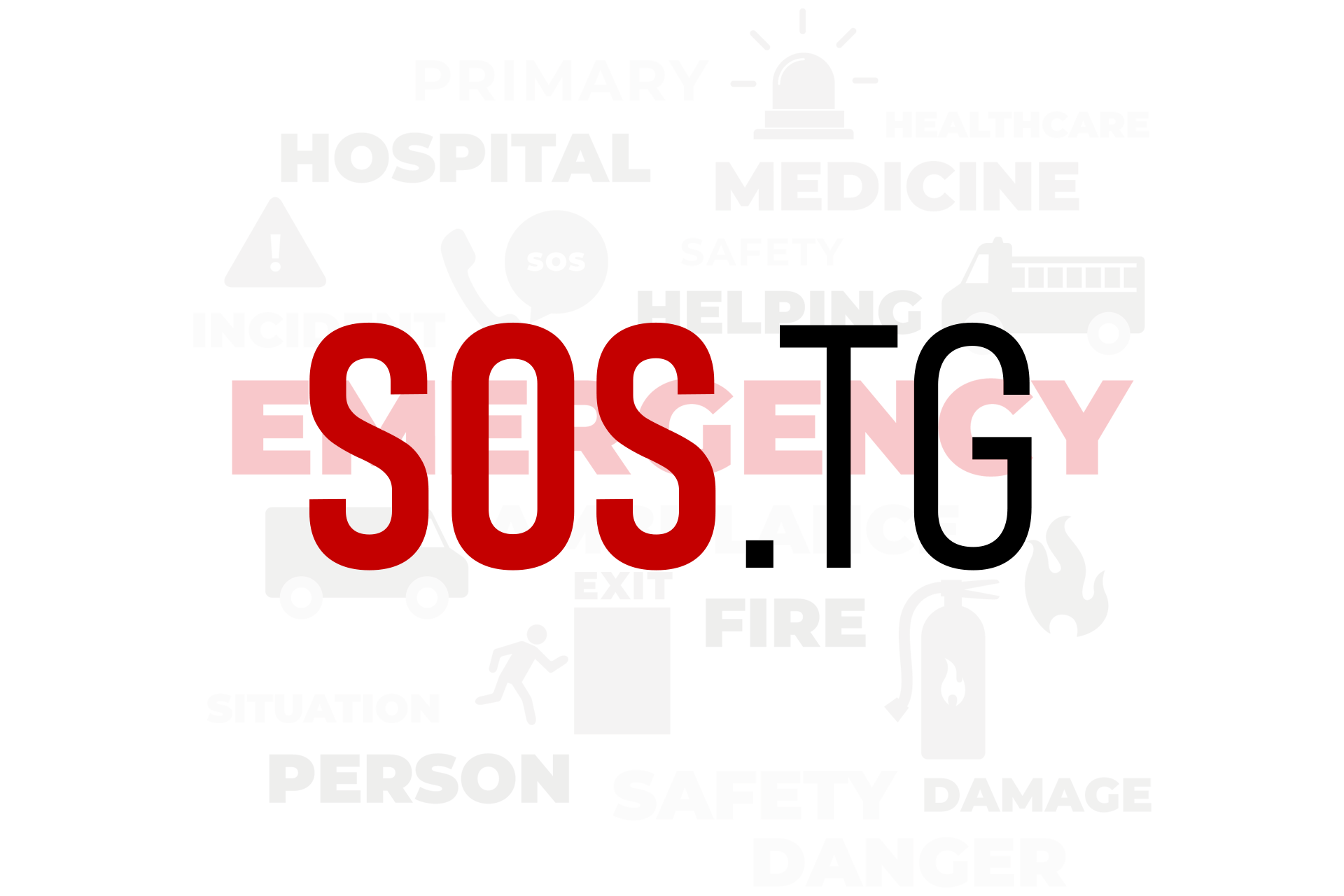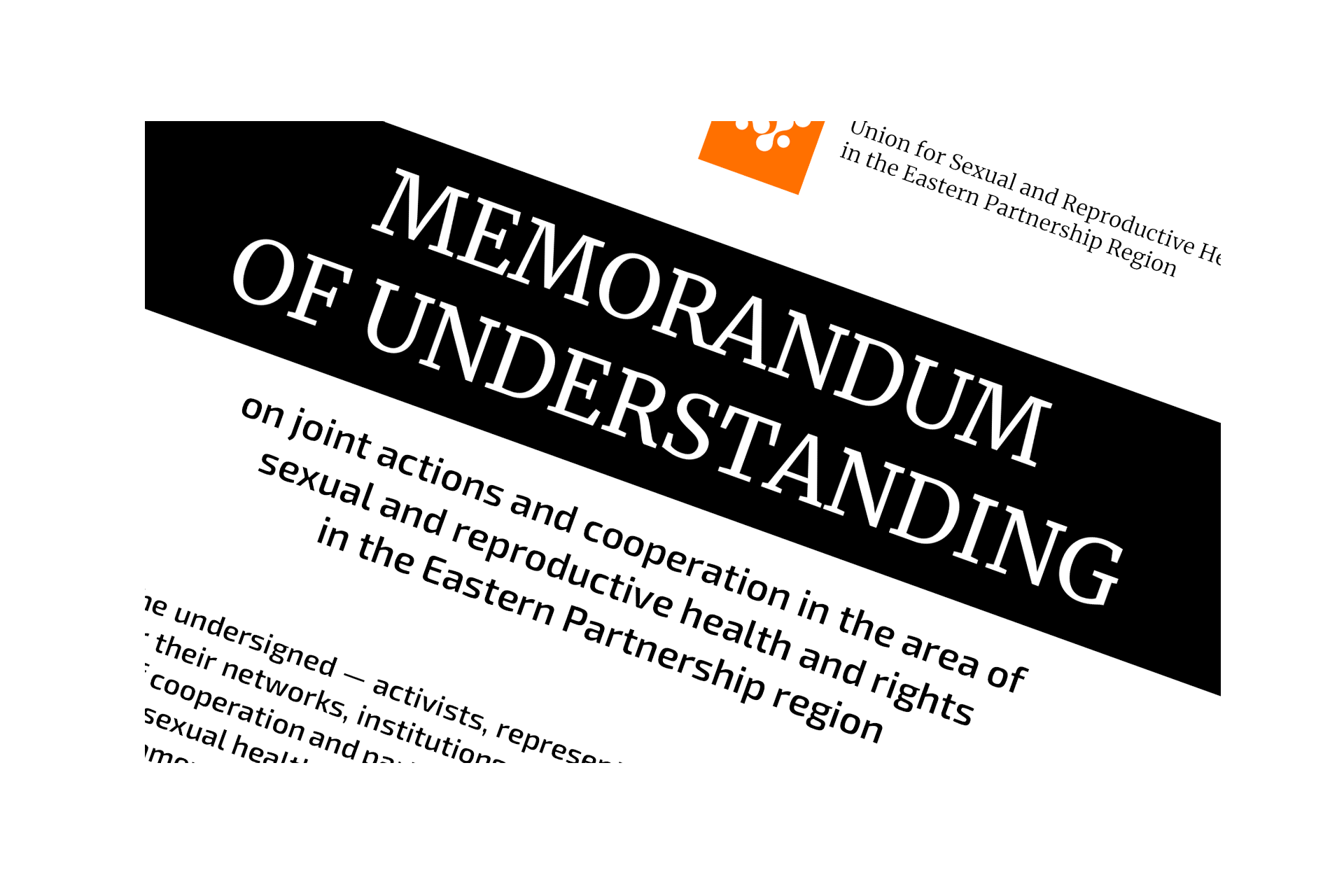about the fclf
the flexible community-led fund is a public health and resource program that supports community-
driven initiatives by providing adaptable funding to meet local needs and priorities

the flexible community-led fund is a funding initiative designed to support and empower communities in addressing their own health and wellbeing priorities. rooted in a p2p public health approach, the program focuses on enabling grassroots organizations and local groups to take the lead in identifying the issues that matter most to them.
by offering adaptable and responsive funding, the program ensures that communities have the resources and flexibility they need to develop and deliver tailored solutions. this approach recognizes that each community is unique, and that effective, sustainable change comes from within — when people are trusted to lead the work that affects their own lives.
history
- the concept of the flexible community-led fund was born in the early days of the full-scale military invasion of ukraine. in the face of an unfolding humanitarian crisis, hplgbt and the chembrothers initiative group began working together to respond to the urgent needs of affected communities. as the situation grew more complex, it became clear that a more coordinated, long-term approach was needed to effectively support those most at risk. to that end, we brought together our humanitarian, food, and social initiatives into a single, ongoing program—one that would remain flexible and responsive to the rapidly changing circumstances on the ground.
- this unified program was specifically designed to address the urgent needs of gay men and other men who have sex with men (gbmsm), as well as transgender (trans) people, while remaining flexible enough to support a wider range of vulnerable and key populations. our aim was to reach those often overlooked by traditional relief efforts—individuals facing multiple layers of marginalization and risk.
- as the fund took shape, our vision was recognized and supported by partners and financial donors who believed in a community-led, equity-centered approach. with their backing, we were able to expand our reach and build more sustainable pathways to care, support, and protection for communities typically excluded from public health systems and subjected to ongoing human rights violations
values / principles
- flexibility is one of our core principles. we understand that needs change rapidly in times of conflict and uncertainty, and we are committed to evolving with them—without bureaucracy or delay.
- human rights we also stand firmly for human rights, dignity, and the belief that access to food, safety, health, and social support is not a privilege, but a right.
- solidarity, responsiveness, and equity we believe that meaningful change begins with solidarity—with standing together in the face of crisis, injustice, and marginalization. our work is driven by a commitment to equity, ensuring that resources, attention, and care reach those most at risk. in rapidly shifting conditions, responsiveness is essential: we act quickly, adapt thoughtfully, and always prioritize the real, evolving needs of the communities we serve.
- community leadership the people most affected by structural violence, war, and social exclusion are also the ones best positioned to lead efforts for change. we place trust in community-led responses, centering the voices, needs, and solutions of those with lived experience. from decision-making to implementation, we work in partnership with grassroots actors, collectives, and initiative groups who know their communities best.
- inclusive and adapting inclusion is not a principle we add later—it’s where we begin. our approach recognizes the intersecting forms of discrimination faced by msm, trans people, and other key populations. we design flexible interventions that can adapt across identities, circumstances, and regions, ensuring that no one is left behind. as realities shift, so does our work.
- local knowledge and justice we value the deep, place-based knowledge that communities carry—and we believe that justice begins at the local level. our programs are shaped by those on the ground, who understand not only what is needed, but also how best to deliver it with cultural, social, and political care. we strive to disrupt patterns of external control by uplifting local agency and autonomy. we believe in strengthening local leadership and decision-making, moving toward more community-led and sustainable approaches.
- resilience and perseverance in the face of violence, displacement, and systemic neglect, the resilience of communities has been our greatest teacher. we honor the strength, creativity, and perseverance of those who continue to care for one another despite enormous obstacles. our work is a long-term commitment to walking alongside these communities—not only in moments of crisis, but in the long process of rebuilding and reimagining what justice, safety, and health can look like.
.key info
- our primary focus is to ensure both immediate relief and long-term support for marginalized communities by embracing adaptable, community-led approaches that respond to real needs, uphold dignity, and build lasting resilience.
- we believe that meaningful change begins within the communities themselves—by trusting their leadership, listening to their lived experiences, and working alongside them to create solutions that are inclusive, responsive, and sustainable.
goals and objectives:
- our overarching goal is to support and empower key and vulnerable communities in addressing their health, wellbeing, and human rights priorities. we aim to build a community-led structure of care and support that is responsive to the urgent needs of people facing systemic exclusion—such as gbmsm, trans people, people who use drugs, sex workers, and internally displaced persons—while also creating sustainable pathways toward justice, equity, and safety.
- provide immediate and sustainable support. deliver urgent humanitarian aid—such as food, health products (non-medical), psychosocial support, and legal assistance—while simultaneously strengthening long-term public health responses that can evolve with the needs of affected communities.
- enable community leadership. we place decision-making power in the hands of grassroots organizations and initiative groups with lived experience. our role is to support local actors in identifying priorities, shaping responses, and leading implementation—free from excessive top-down control.
- ensure flexibility and adaptability. Offer funding and program opportunities that remain responsive to changing circumstances, particularly in the context of emergencies, human rights violations, displacement or other consequences of war. Our approach is intentionally non-bureaucratic and grounded in trust.
- promote equity and inclusion. center the needs of those most often excluded from traditional health and humanitarian services—particularly vulnerable individuals and key populations facing overlapping forms of marginalization, stigma and discrimination.
fndr. & prtnrs.
/ join us /
- we’re working together under a memorandum of understanding (mou) to promote sexual and reproductive health and rights across the eastern partnership region. we’d love for you to join us — to bring our efforts together and take action in four key, deeply connected areas: sexual health, sexual rights, reproductive health, and reproductive rights. these are not just topics — they’re fundamental human rights, and together we can help make them a reality for all.
-
signatories of the memorandum may be any legal entities or individuals located and operating in any country of the world. the signatories may be several persons from the same institution or organization operating either in the eastern partnership region or beyond.

explore more resources online!
01
“we’ve endured this injustice for too long — international funding is shrinking, and key communities are the first to be pushed aside. no more. we’re growing stronger, and now we have our own fclf — one that meets today’s challenges head-on, without needless bureaucracy.”
“i grew up and lived all my life in soledar, donetsk oblast until the russian army invaded ukraine. in an instant, a bomb destroyed our apartment. my parents and i were left homeless and forced to flee from the horrors of war, destruction and hunger... i thank the hplgbt organization for their assistance and provision of food.”
“on weekdays, i often have freeloaders who come to me and not only waste my time, but also ruin my schedule. for instance, on friday there was another timewaster, and after that i hoped to earn at least some money, but i missed the time to visit the doctor... it would be good to have all the medical services as close as possible, so that i would not have to waste time on this as well.”


